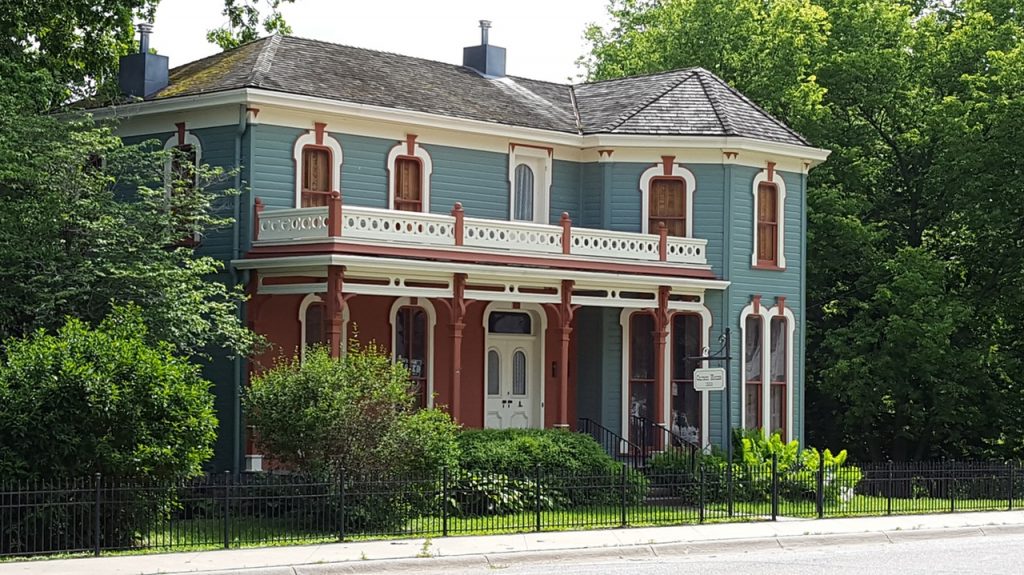You’ve found your dream home, you’ve signed all the paperwork, and the keys are now in your hand. Your only financial obligation is to pay the mortgage on time every month, right? Wrong. While you had a lot to consider during the home buying process, now that you’re a homeowner you have even more things to consider.
What If Something Happens to the House?
Almost every homeowner purchases an insurance policy for the property but does it go far enough? An insurance policy may cover the cost to rebuild but what about your personal belongings? If your home is so damaged that it’s uninhabitable you should either have enough money in savings to afford an alternative place to live or have a rider in your insurance policy to cover your living expenses. Homes in areas such as Florida and California should be protected by flood insurance and earthquake insurance policies, respectively.

What If You’re Injured?
Accidents happen and while many of us don’t like to dwell on the idea that we could be hurt, as a homeowner it’s something you should consider. Are you eligible for state sponsored disability insurance through your employer? Does your employer offer plans that bolster a state plan? Disability insurance can help provide you with a steady source of income if you’ve been injured and are unable to work. This will allow you to continue making payments of your financial obligations including your mortgage payment.
What If You Died?
The old adage “there’s nothing certain but death and taxes” is accurate. We’re all going to die one day and while we hope it’ll be after a long and happy life, it’s beneficial to your family to consider what will happen to your house when the time comes. If you don’t think you’re mortgage will be paid off when the time comes, it may be beneficial to have a life insurance policy that covers the expected balance. A will is another important item to have. In addition to your immediate last wishes, a will can instruct your heirs to keep the house or sell it and divide the profits according to your directions.
As a homeowner you can’t plan for ever situation that may go wrong but you can plan for the big ones. A little bit of preventative effort can go a long way when you’re in the thick of it. Many of these considerations aren’t expensive either and can save you in long run.
